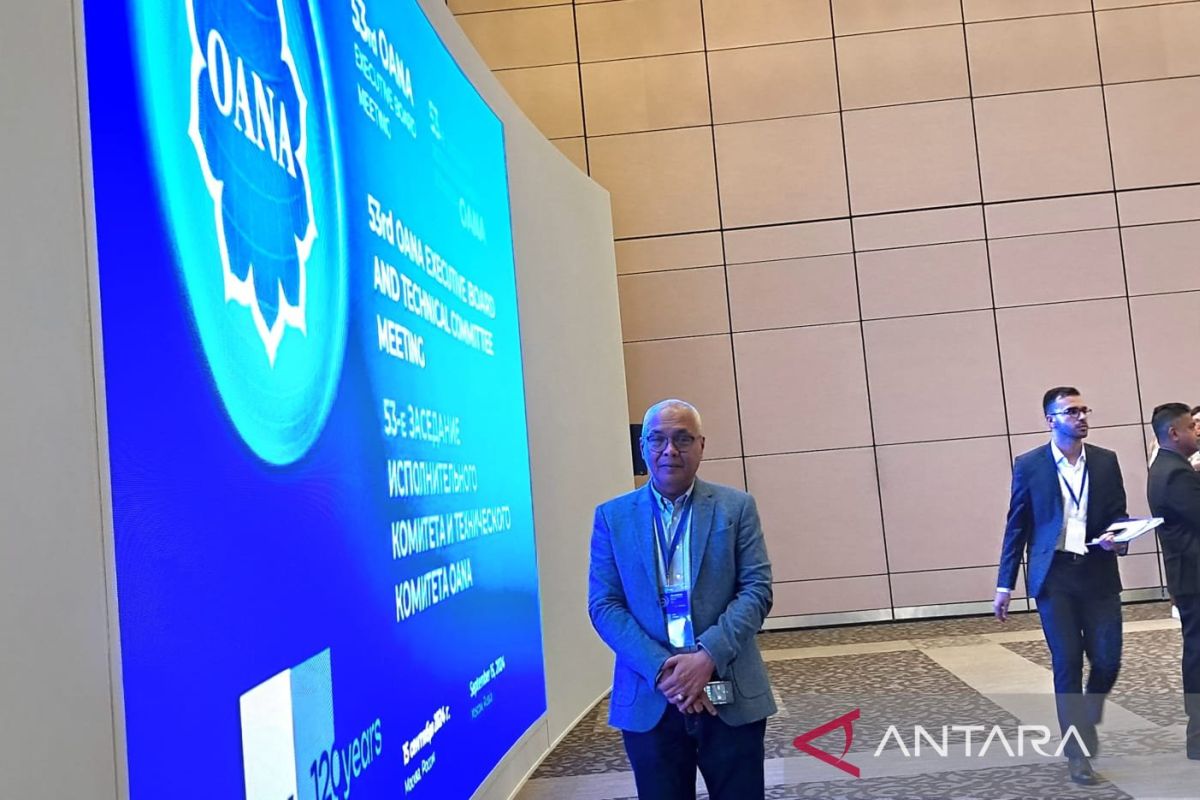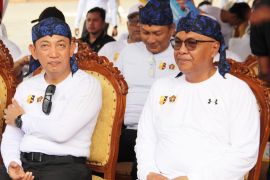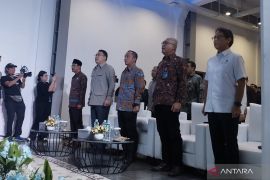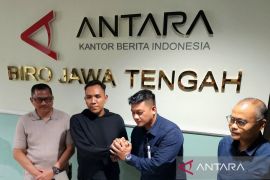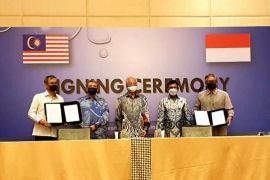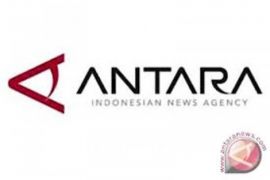This transparency includes disclosing AI-generated content and providing an explanation of the decision-making process behind the use of AI.
"AI's offering of opportunities in efficiency, personalization, and innovation also raises ethical questions that must be addressed to maintain the integrity of journalism and media practices," he remarked at the 53rd OANA Executive Board Meeting in Moscow, Russia, on Sunday local time.
Ethically, AI should not magnify the biases in the data used for learning. Moreover, AI algorithms used in the media cannot reinforce news stereotypes unfairly or misleadingly, Munir remarked.
Munir stated that news production automation can lead to the unintentional spread of misinformation, especially since AI systems tend to prioritize engagement over accuracy.
Hence, media organizations should consider their responsibility to verify content before publication. According to Munir, ensuring that AI models are fair and representative is a major ethical challenge.
Munir then pointed out that AI's ability to create and distribute content on a large scale raises susceptibility to the spread of false information and manipulation. Deepfakes and automated bots can lead to misinformation, which undermines public trust in the media.
Moreover, the use of AI in the media can also potentially raise privacy concerns regarding data collection and user profiles. In their practices, media organizations should balance efforts to utilize data for personalization and respect the privacy rights of their audiences.
He highlighted that integrating AI into media has changed news production, distribution, and consumption.
AI technology allows the media to automate content creation. Forms of AI technology, such as translation and machine learning, are more common to produce news, reports, and summaries.
In addition, AI can automate routine tasks such as fact-checking, transcribing, and data entry, which can increase efficiency and save costs. Such practices can streamline content production and enable a faster news production process.
Related news: ANTARA supports BRICS media's decision to fight fake news
He noted that this technology could also personalize news feeds and recommendations based on user preferences and behavior. AI also allows for investigative data analysis and allows media organizations to respond more effectively to events and issues.
However, Munir said the massive development and use of AI could lead to job losses for certain roles, including in the media.
Hence, he underscored the need for balancing automation with investment in training and skills development for media human resources in a bid to help them adapt to new technologies.
Munir suggested that media organizations should establish comprehensive ethical guidelines for the use of AI.
These guidelines should cover issues such as bias, transparency, and accountability and be updated regularly in line with technological advancements and community expectations.
In combating bias, diverse datasets are needed to train AI models. Regular audits and adjustments should also be carried out to ensure that AI systems do not reinforce existing biases, Munir reminded.
Moreover, human supervision is needed in the use of AI. Editorial assessment and monitoring are essential in moderating and validating AI products.
He emphasized that media organizations must ensure that AI supports and assists, not replaces, a human decision-making process in order to maintain the quality and integrity of journalism.
Lastly, Munir stated that the media should play a role in educating the public about the role of AI in media and the potential risks associated with it. This can help users evaluate the information they receive and recognize content generated by AI.
The meeting also welcomed ANTARA as a member of the OANA Executive Board.
Meanwhile, the next OANA Executive Board meeting will be held in Kuala Lumpur on February 17-19, 2025, hosted by Bernama News Agency.
Related news: Role of BRICS media outlets must grow: TASS
Translator: Suryanto, Resinta Sulistiyandari
Editor: Yuni Arisandy Sinaga
Copyright © ANTARA 2024
